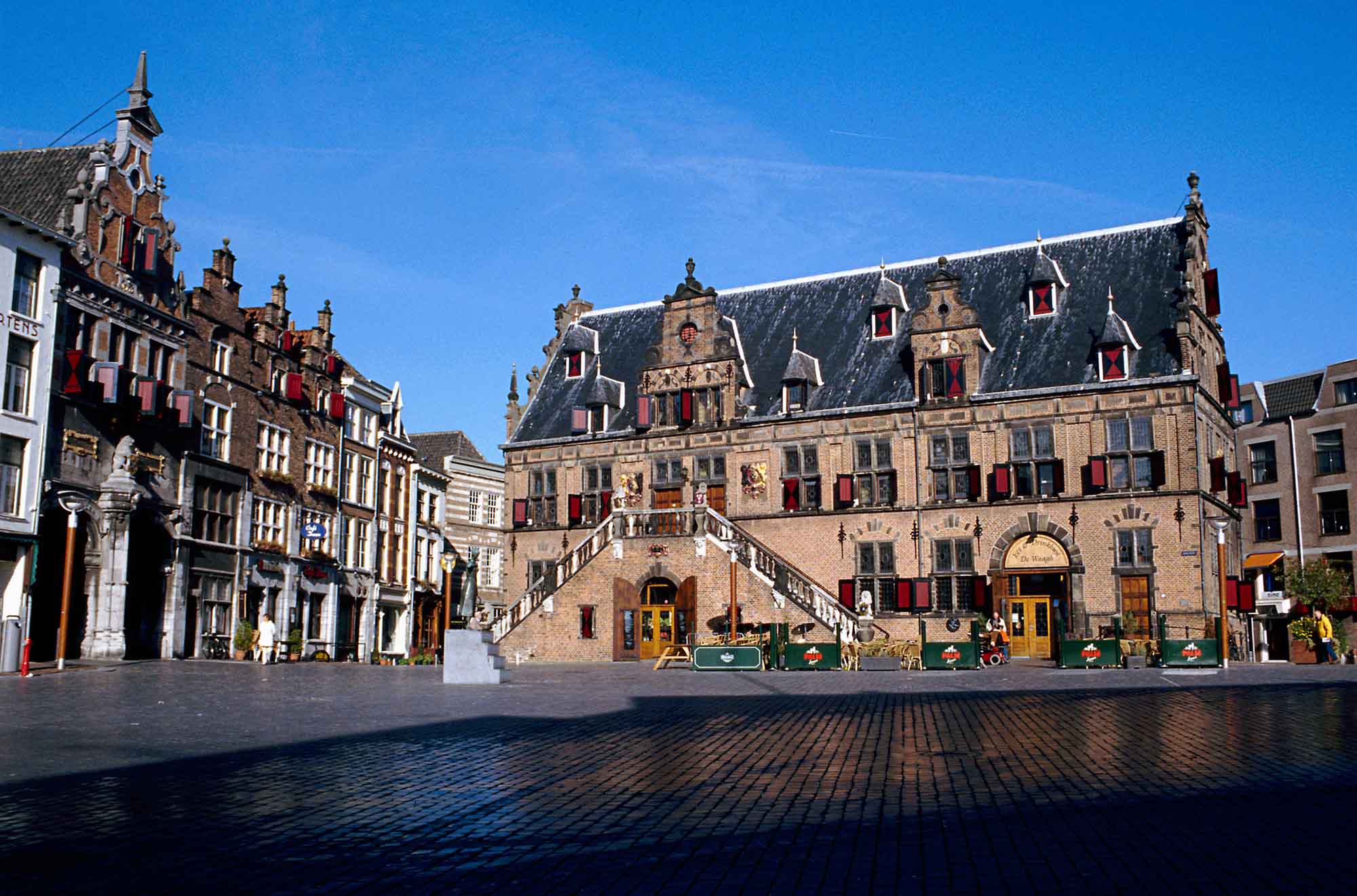The Fifth Interdisciplinary Summerschool on Privacy (ISP 2023)
The interdisciplinary summerschool on privacy provides an intensive one week academic post-graduate programme teaching privacy from a technical, legal and social perspective. The goal of the summerschool is to provide students with a solid background in the theory of privacy construction, modelling and protection from these three different perspectives. It also aims to help them to establish a first international network with peers and senior academics across these disparate disciplines.



Theme: "Assessing and mitigating privacy risks in the Internet of Things"
As a concept, the Internet of Things is perhaps already an anachronism. Already back in 1991 Marc Weiser, in his famous paper on the Computer for the 21st Century wrote:The most profound technologies are those that disappear. They weave themselves into the fabric of everyday life until they are indistinguishable from it.'Ubiquitous computing' (ubicomp) or the disappearance of the infrastructure in the background, as predicted by Mark Weiser (1991), through the ubiquitous presence of sensing IoT devices (Dourish & Bell, 2011), is not fulfilled. And yet here we are, well into the 21st century, and the internet of things is getting real: cars are networked supercomputers on wheels, we wear smart watches or fitness trackers, even our fridges are smart and connected, and the virtual and real world are starting to converge as the technology is indeed disappearing and mediating our lives. These technological changes in ubicomp and autonomous systems also fit in with recent scholarly thinking in social sciences. According to Deuze (2012) the key challenge of media and communication studies in the ‘media life’ of the 21st century is, or will be, the disappearance of media, where people increasingly are living ‘in’ media instead of living ‘with’ media. However one of the first ways to conceptualise the merger between media technology and the everyday life can be found with Roger Silverstone, Eric Hirsch and David Morley (1990) proposing the notion of ‘domestication’. Through that process the domesticated digital media technologies disappear into the daily practices. They are not perceived as (savage) technologies anymore but offer ‘ontological security’ as natural extensions of personal interactions and social communication (Giddens, 1990). This gradual shift of people becoming one with their digital environment has later also been highlighted by other scholars in social sciences, through notions like ‘media life’ (Deuze, 2012), ‘mediatization’ (Couldry and Hepp, 2017), the ‘digital condition’ (Stalder, 2018), and ‘liquid surveillance’ (Bauman and Lyon, 2013). A key socio-technical question is then how trust in and dependence of these ubiquitous platforms for mediated communication is configured and the kind of consequences this has for user (dis)empowerment and public values (Pierson, 2021). This steady technology push, perhaps partly made invisible by new hypes like the metaverse, does raise fundamental privacy and autonomy issuers, that will be explored in the summerschool.
Format
The summer school is interdisciplinary, involving the following disciplines: computer science, law and social sciences / media and communication studies.The school lasts one week, with nine scheduled lectures (five morning lectures and four afternoon lectures) of two hours each. These nine lectures are equally distributed over the three disciplines, with top-notch lectures from each of the disciplines. The lectures will lay the grounds for an interdisciplinary conversation among students and lecturers coming from a variety of backgrounds.
The remaining time is used for hands on working group sessions to study practical cases. The cases will be offered by businesses, governments, government related institutions (like DPAs) and civil society/NGOs. Groups of six students, ideally two from each discipline, are formed to tackle the cases and report back on their results in a plenary session.
The school is held in a location that encourages dialogue and social interactions between both the staff and the students, both during lectures and in the evening. Staff (i.e. lecturers) are encouraged to stay at the summer school for the whole length of the school. The summer school is foremost aimed at PhD students from computer science, law and social sciences.
Credits
Participants of the summerschool are awarded two ECTS (study credits) and receive a certificate of attendance issued by the Radboud University attesting this.Contact
For further information please contact us by email at dis-secr@cs.ru.nlFollow us on Twitter.
Organiser
- Jaap-Henk Hoepman (Radboud University / University of Groningen /Karlstad University / Privacy & Identity Lab)
Steering Committee
- Seda Gürses (TU Delft / KU Leuven)
- Eleni Kosta (TILT-Tilburg University / Privacy & Identity Lab)
- Jo Pierson (Hasselt University / Vrije Universiteit Brussel)
- Thorsten Strufe (Karlsruhe Institute of Technology / TU Dresden)
ISP 2020 is sponsored by
- The Privacy and Identity Lab (PI.lab).
- iHub, Radboud University’s new interdisciplinary research hub on digitalization and society.
